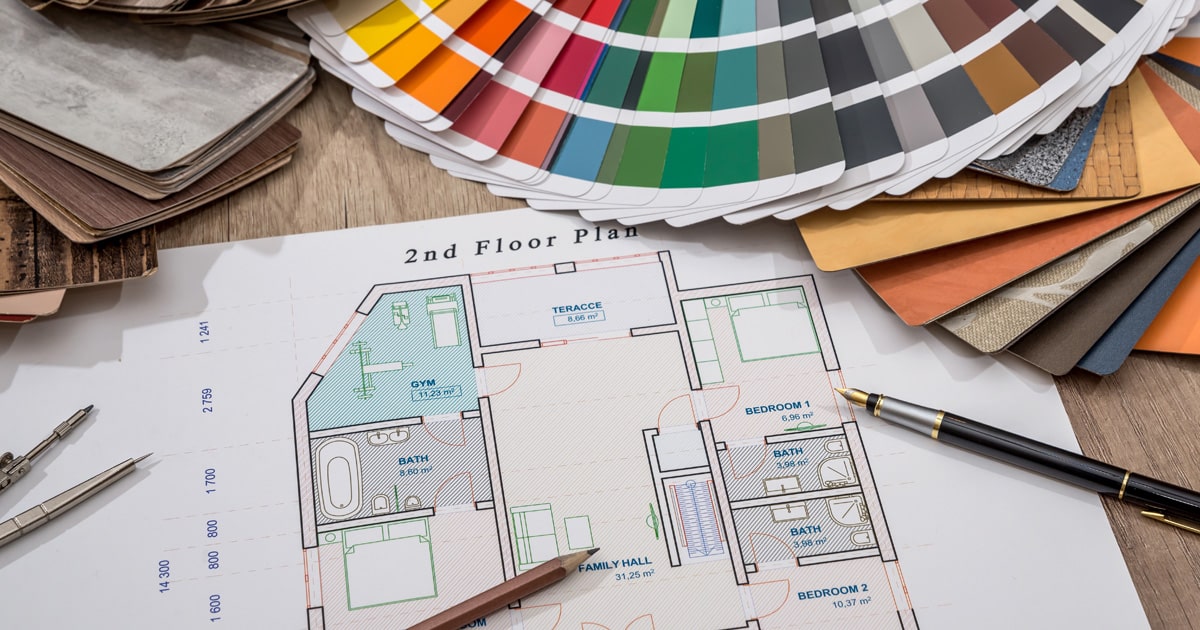Hello, designers! Wouldn’t life be great if we only had to focus on the pretty things? As we all know, interior design goes far beyond just creating beautiful spaces—it’s also about building a successful business. To thrive in this competitive field, it’s essential to master a range of business skills that complement our creative talents. Here are five key skills every interior designer should focus on to ensure a profitable and sustainable career.
1. Financial Management
Understanding your finances is one of the most critical aspects of running a successful design business. This means setting budgets, managing cash flow, pricing your services effectively, and keeping track of expenses. By honing your financial management skills, you can create accurate estimates, negotiate contracts, and monitor your financial health. This knowledge not only helps ensure your projects are profitable but also protects your bottom line, setting you up for long-term success.
2. Client Communication
Effective communication is vital to the success of any design project. From the first consultation to the final reveal, maintaining clear and consistent communication helps manage client expectations and avoid misunderstandings. Whether you’re presenting design concepts, explaining timelines, or addressing concerns, how you communicate can significantly impact your client relationships. Strong communication builds trust, fosters collaboration, and ensures that both you and your clients remain aligned throughout the process.
3. Project Management
Interior designers often juggle multiple projects at once, and without strong project management skills, things can quickly get chaotic. Being able to manage timelines, coordinate with contractors and vendors, and keep projects on track is crucial for delivering results on time and within budget. Tools like project management software can help you stay organized and ensure that all the moving parts of a project run smoothly. By mastering this skill, you can minimize delays, avoid costly mistakes, and deliver a seamless experience for your clients.
4. Marketing and Branding
To grow your design business, you need to consistently attract new clients, which requires effective marketing and a strong brand presence. Understanding how to market your services, from social media to word-of-mouth referrals, is essential for building your reputation and client base. Creating a brand that reflects your design philosophy and expertise sets you apart from the competition. A strong online presence through a professional website, engaging content, and active social media accounts will help you reach a broader audience and showcase your unique style.
5. Negotiation and Sales | a Strong Marketing Strategy for Luxury
Negotiation is a key component of every design project, whether you’re discussing fees with clients, pricing with vendors, or timelines with contractors. Developing effective negotiation skills can help you secure better deals, protect your profits, and ensure all parties are satisfied with the terms. Additionally, strong sales skills enable you to present your value confidently, close deals, and build long-term client relationships. Understanding the psychology of selling—especially in high-end markets—can elevate your business to new heights.
You’ll be well-equipped to thrive in the competitive interior design industry by mastering these essential business skills. Blending your creativity with solid business acumen will allow you to build a successful and profitable design business that stands the test of time. I encourage you to explore our Business Building Blocks course for a deeper dive into these topics! Let’s continue to support each other on this exciting journey in design.

